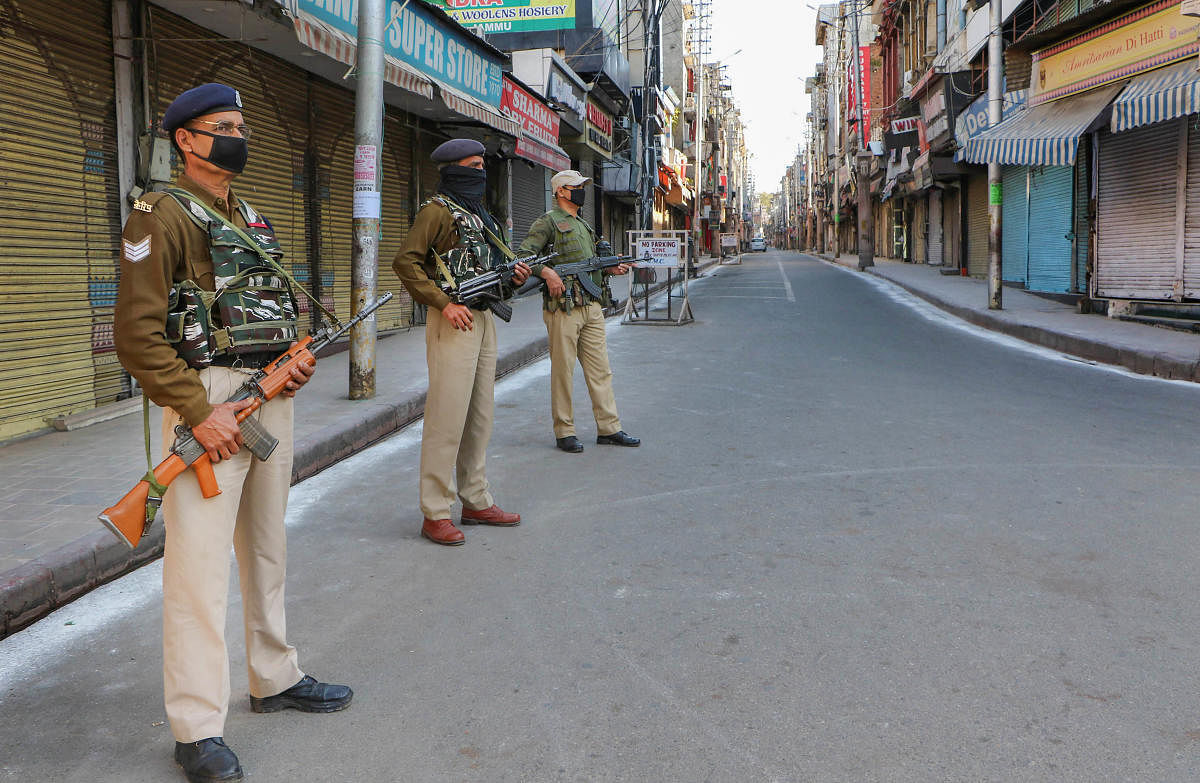
The 21-day lockdown announced by the Prime Minister to tackle the novel coronavirus is a big blow to Kashmir’s economy which was crippling back to normalcy after the previous year’s clampdown.
However, living in closed doors is not new to the people of the region which has a long history of shutdowns lasting for months together.
Locals are used to such curfews and usually have a stock of essentials for at least three months. As a result, Kashmir is largely calm while the public panic is palpable in the rest of the nation.
On the other hand, while the rest of the world waits for a breakthrough in a vaccine or drug development to fight the deadly virus, people in Kashmir are eagerly waiting for the restoration of 4G mobile internet services.
The other worry of people in the strife-beleaguered valley is inadequate health infrastructure. “We are as much worried about the coronavirus as people in the rest of the world. But what augments our woes is the lack of basic facilities like high-speed internet and adequate healthcare facilities,” Ishtiyaq Ahmad, a university student, told DH.
A tweet by Dr Iqbal Saleem, a professor of surgery at the Government Medical College in Srinagar, sums up how professionals in Kashmir are desperate for the restoration of 4G internet services in the time of such a public health crisis.
“This is so frustrating… trying to download the guidelines for intensive care management as proposed by docs in England.. 24 mbs and one hour.. still not able to do so... (sic).”
For Shakeel Dar, a businessman from old city Srinagar, who has witnessed lockdowns since 1990, this year “August came in March only.”
He was referring to August 5, 2019, when communication and security clampdown was imposed in entire Kashmir, after the Centre revoked J&K’s special status under Article 370.
“This is a very different kind of lockdown. Today’s restrictions are nothing compared to what we saw last August or in 2016, 2010 or 2008. Today, There are barricades and concertina wires but there’s no restriction on the movement of civilians in ones and twos,” he said.
The August lockdown was not only physical but a complete communications blackout, with landlines, mobile and internet services snapped. Almost eight months later, the Valley is still emerging from it. Fixed-line broadband connections have been restored but only slow speed internet is allowed on mobiles.
“At least this time we have 2G and mobile phone services are working,” said Dar.